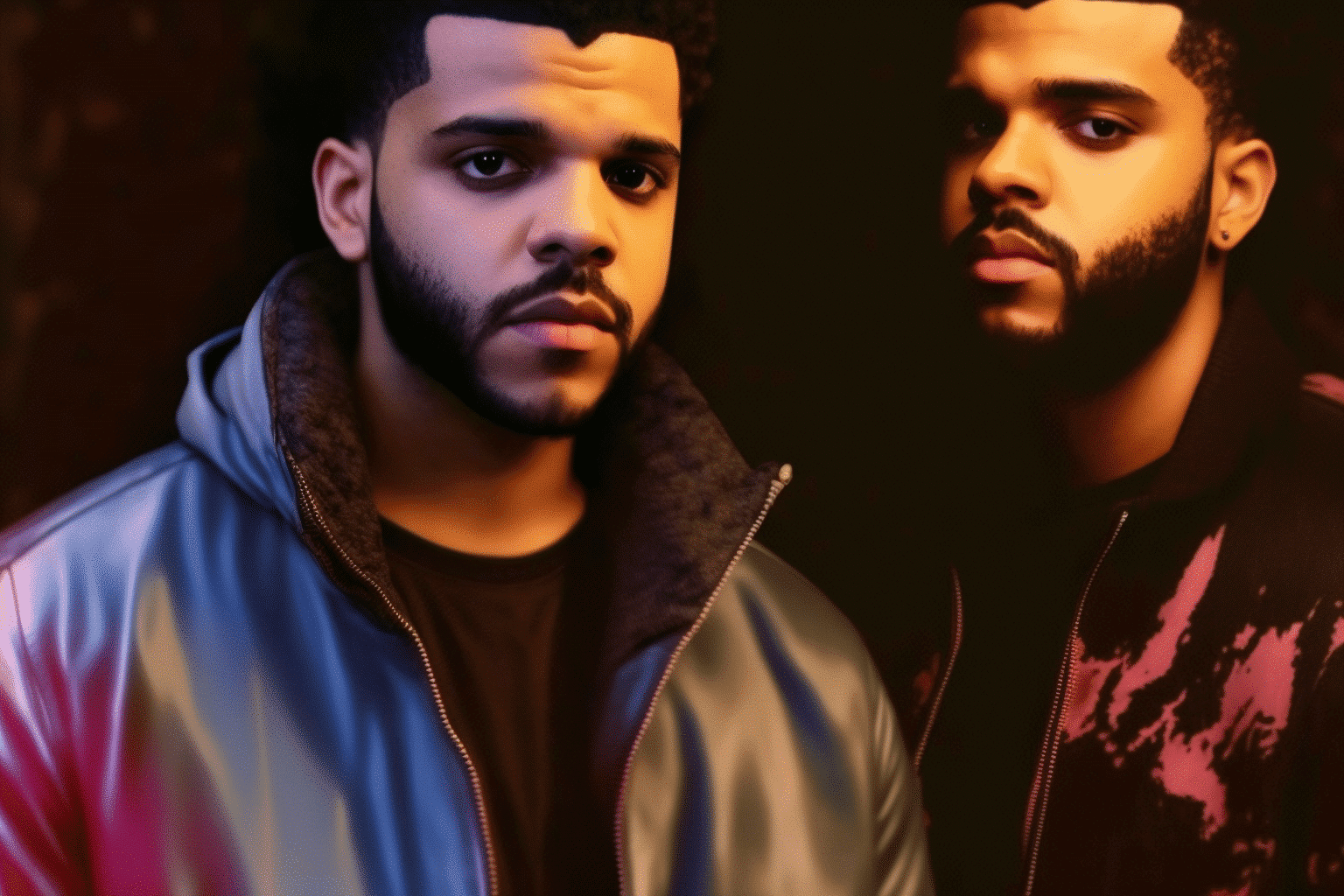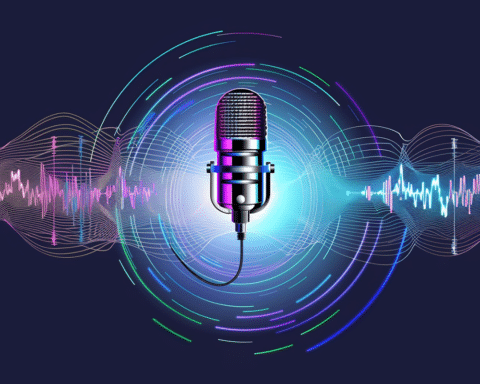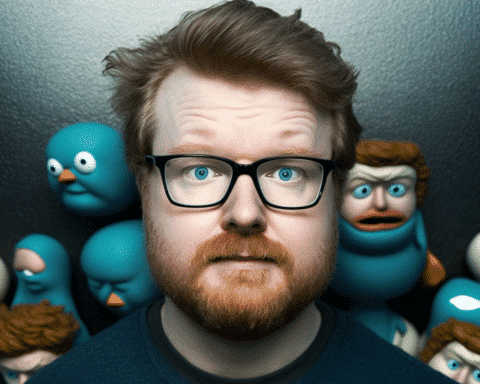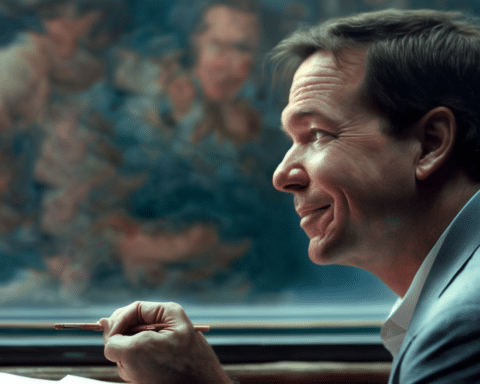A song featuring the recognizable voices of famous artists Drake and the Weeknd has been making waves on TikTok and Spotify, but there’s a catch: the artists themselves were not involved in its creation. The viral track “Heart on My Sleeve” was created by an anonymous TikTok user called Ghostwriter977, who claims to have used AI to generate the voices of Drake and the Weeknd for the song.
Ghostwriter977, a former ghostwriter, said in the video comments that they turned to AI after earning little while major labels profited. The song gained over 11 million views across various videos within days and was streamed on Spotify hundreds of thousands of times before being removed from streaming services, including YouTube, Apple Music, and Spotify.
The song’s origin remains uncertain; some believe it may be a publicity stunt. Regardless, its attention has heightened concerns within the music industry about the potential threats posed by increasingly powerful AI tools. Universal Music Group, representing Drake and the Weeknd, has urged streaming platforms to block AI platforms from using their copyrighted songs for training.
The legal landscape for AI-generated content still needs to be clarified, and the widespread availability of AI tools and ease of distribution on social media make it difficult to regulate. AI-generated music is not new, but advances in AI technology have made it easier to create convincing content.
The identity of Ghostwriter977 and the tools used to create the track remain unknown. The song has sparked fascination and debate about the capabilities of AI in content creation, including replicating famous individuals. The entertainment industry has been aware of these issues, but regulations have yet to catch up with the rapid pace of AI development.
Entertainment lawyer Audrey Benoualid suggests that “Heart On My Sleeve” may not infringe copyright since it appears to be an original composition, and the fact that Ghostwriter977 clarified that Drake and The Weeknd were not involved could protect them from a “passing off” claim. However, AI programs that use existing works for training or generate outputs similar to those works may be considered to infringe copyright.
The US Copyright Office recently released guidance for registering AI-generated works and announced that it would seek public input on how copyright law should apply to the works AI trains on. While the legal landscape is still uncertain, AI-generated content that negatively impacts famous individuals or profits from their image or likeness could lead to lawsuits and content removal.
Monitoring and removing AI-generated content may be an ongoing challenge, as even AI-created songs can find lasting popularity online.
As AI-generated content gains popularity and traction, music and other creative industries may need to adapt to the changing landscape. While AI tools can create original content, they can blur the lines between genuine and artificially generated works, raising concerns about the potential for deep fakes and misinformation.
As AI-generated content becomes more sophisticated, it could also impact the careers of musicians, composers, and other creatives. Artists may need to find new ways to distinguish their work and ensure their contributions are recognized and compensated fairly.
One approach could be establishing collaborations between artists and AI tools, leveraging the technology to enhance creativity and innovation without replacing human input. By combining human expertise and AI capabilities, the entertainment industry could maintain its authenticity while embracing the potential of cutting-edge technology.
Another possibility is the development of legal frameworks and certifications to ensure that AI-generated content is properly labelled and credited. This could involve implementing watermarking techniques similar to those used for digital images to identify AI-generated content and ensure proper attribution.
Education and awareness campaigns about the use and implications of AI-generated content could also play a crucial role in shaping public opinion and understanding of these technologies. By informing audiences about the capabilities and limitations of AI tools, the industry can foster an informed and responsible approach to consuming and engaging with AI-generated content.
As AI-generated content continues to evolve and find its place in the creative landscape, stakeholders in the music and entertainment industry will need to strike a balance between embracing the benefits of AI technology and protecting the rights and livelihoods of human artists. This will require ongoing dialogue, collaboration, and innovative solutions to address the unique challenges posed by the rapid development of AI-generated content.




